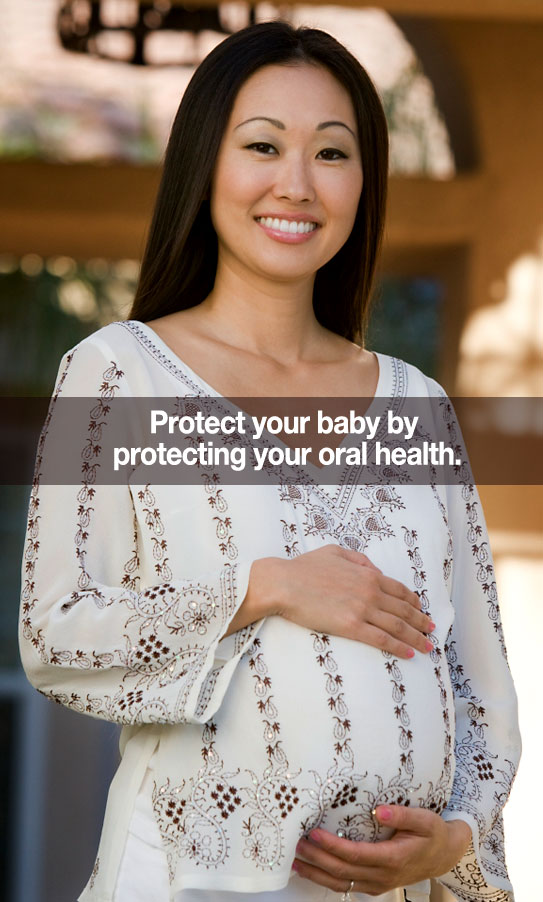Your Healthy Smile Timeline: Ages 40-60
December 14th, 2017

IT’S TIME TO TALK ABOUT 40–60 YEAR OLD SMILES in our Healthy Smile Timeline Series! And again, don’t forget that if YOU don’t fall into this category share this post with someone who does—a family member, coworker, parent or friend. Great oral health is important for everyone, whether or not you have braces.

Must-Dos, Ages 40–60:
- It’s estimated that up to three-quarters of adults over age 35 have some degree of gum disease. This can usually be prevented with flossing and brushing, but if it has already progressed, you may need extra care. Talk to your dental team if you’re experiencing bleeding gums.
- Some research shows that bad oral health may be linked to systemic problems like heart disease, dementia, diabetes, and stroke. Keep your whole body healthy by keeping your mouth healthy.
Should-Dos, Ages 40–60:
- Restorative treatments (such as crowns and dental fillings) are more convenient, comfortable, and affordable than ever before. Do you have old, badly worn dental work? It may be time to replace those old fillings or crowns before they crack and cause discomfort.
- No, you’re not too old for braces! Over 20% of orthodontic patients are adults. It’s never too late to get the stunning smile you deserve.
Could-Dos, Ages 40–60:
- Studies show that people look younger when they smile. And the AAO (American Association of Orthodontists) recently reported that most Americans 50 and over believe that a smile overcomes the effects of aging more effectively than any other physical attribute.
Take Care Of Your Smile And It Will Take Care Of You!
You’re in the prime of life. Stay the course, stick to your great oral health habits, and don’t neglect your regular check-ups. Through preventative care you really can keep your healthy smile for life. Take good care of your smile now to prevent problems down the road.
If you have any questions about tips mentioned in this post, don’t hesitate to ask us about it. Call us at Gorczyca Orthodontics (925)757-9000 in Antioch, California to schedule your free orthodontics exam. Visit us at www.clubbraces.com.










